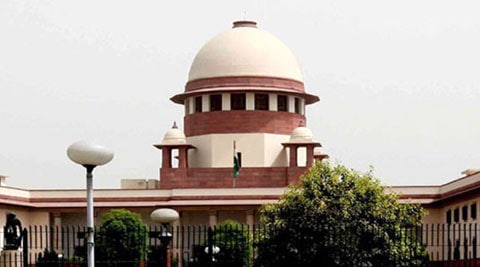
In striking down the National Judicial Appointments Commission (NJAC) as unconstitutional, the Supreme Court has basically asserted the independence of the judiciary. The proposed commission violates the separation of powers between the judiciary and the executive, which, the apex court rightly holds, is fundamental to the basic structure of the Constitution. This is, of course, not the last word on the issue, since the government can well file a review or curative petition. However, a line has been drawn by the ruling of the Constitution bench, which will be hard for the government to step over. While the demand for the NJAC began with the observation that the standing of the judiciary has been reduced in the eyes of the public by pervasive inefficiency and embarrassing instances of corruption, it is now asserted that better functioning of the judiciary must not be secured at the expense of its independence.
Both this baseline and objections to the collegium system are fairly vintage. Judges to the higher judiciary are appointed by the president in consultation with the chief justice of India, which is a polite way of saying that the former accedes to the latter’s wishes. This gracious tradition must persist for obvious reasons. First, as Soli Sorabjee has pointed out, since the government is a major litigant, giving it an edge in appointments would amount to fixing the courts. Besides, the executive had sought to bring persons of eminence into the voting process, with veto powers. It is a woolly category that consists of unspecialised people without judicial experience, and the impression that it can be manipulated politically is scarcely imaginary. Fali S. Nariman had suggested that such persons could be included as sounding boards, as part of “decision-making, not decision-taking”. The need for an unbreachable firewall between the judiciary and the executive becomes obvious in politically extreme circumstances, when only the law stands between the citizen and the arbitrariness of power. In the light of lived experience, such a situation must always be guarded against.